Indian Ocean Expedition : Discover the expedition
Message from H.S.H. Prince Albert II of Monaco
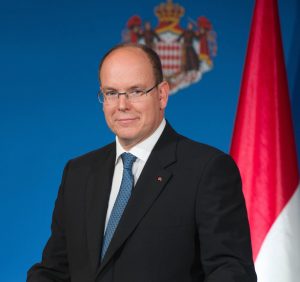
“What strikes me today is that expertise and research in the maritime field have never really been priorities. The ocean remains largely unknown. Yet it holds so many treasures. A better knowledge of them is essential to ensure the protection of our planet. It is for these reasons that, beyond the historical and family heritage, I felt the need to relaunch Monaco Explorations, inaugurated by Albert I a little more than a hundred years ago.
Man and the Ocean – H.S.H. Prince Albert II of Monaco – Flammarion and Versilio, 2022.
A word from the expedition leader
“The Indian Ocean expedition is a concrete expression of H.S.H. Prince Albert II of Monaco’s commitment to the Ocean, and mobilizes significant resources: one of the largest oceanographic vessels in service and an international team of around 150 people representing some twenty nationalities and a wide range of profiles: seasoned scientists, young researchers and students, artists, filmmakers and photographers, divers, communicators, and members of civil society. All the partners have a single ambition: to understand, share and mobilize so that the ocean remains a common asset for humanity in the long term.”
Gilles Bessero, head of expedition. Director of Monaco Explorations
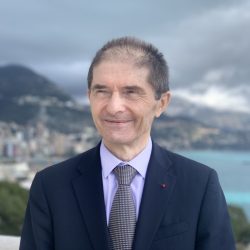
The journey of the expedition
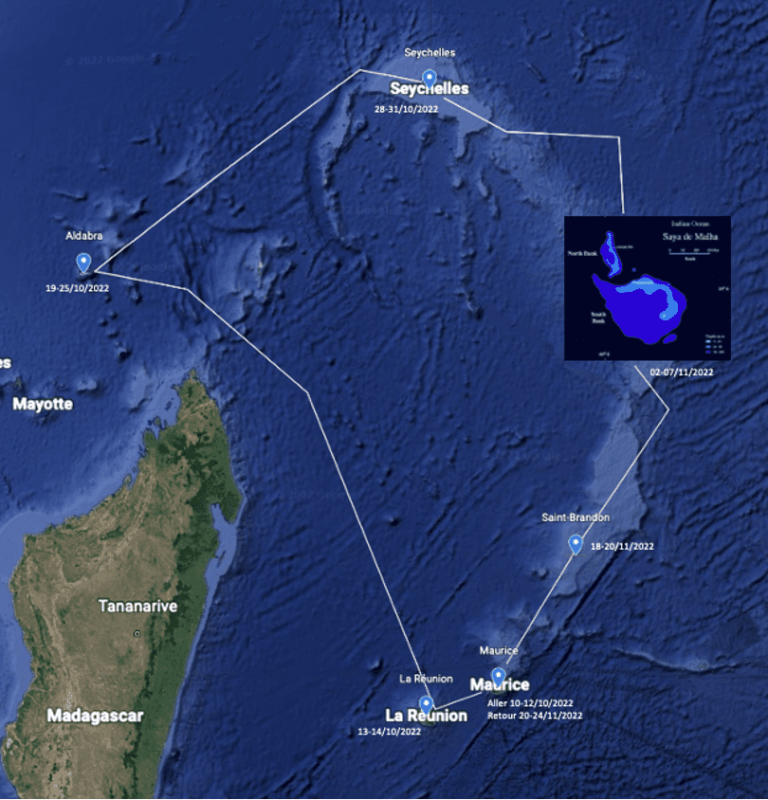
Program:
- Departure of the S.A. Agulhas II on October 3rd in South Africa.
- 4 stopovers: Mauritius, Reunion, Seychelles, Mauritius.
- A journey of about 7 300 nautical miles (13 500 km)
- 2 months of navigation punctuated by the various measurements and sampling operations planned throughout the ship’s journey.
- Research stations programmed around the Aldabra atoll, on the Saya Bank of Malha for 15 days and around the island of Saint Brandon.
- A return to Cape Town on November 30, 2022.
The objectives
- Understand, analyze and evaluate the state and functioning of the ecosystem of the area explored through a comprehensive scientific approach, based on sustainability sciences.
- To share the issues and knowledge with as many people as possible. Encourage commitment.
- To mobilize governments through diplomatic action, by making available the information and results of the mission to contribute to a sustainable management of maritime spaces.
The issues
Stablished by the international steering committee that guided the preparation of the mission, the current state of knowledge of the explored area has revealed important gaps and shortcomings. One of the main challenges of the mission is to contribute to fill them. Multidisciplinary, it will deal with a wide range of topics. Here are some of them:
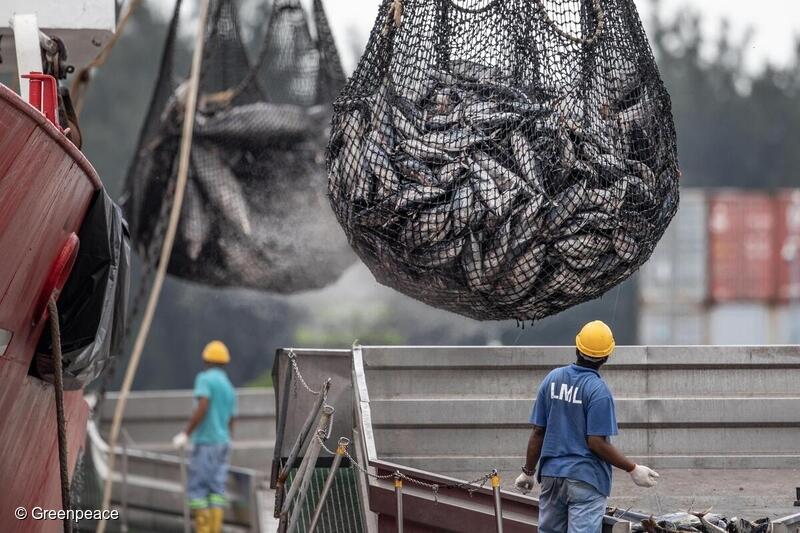
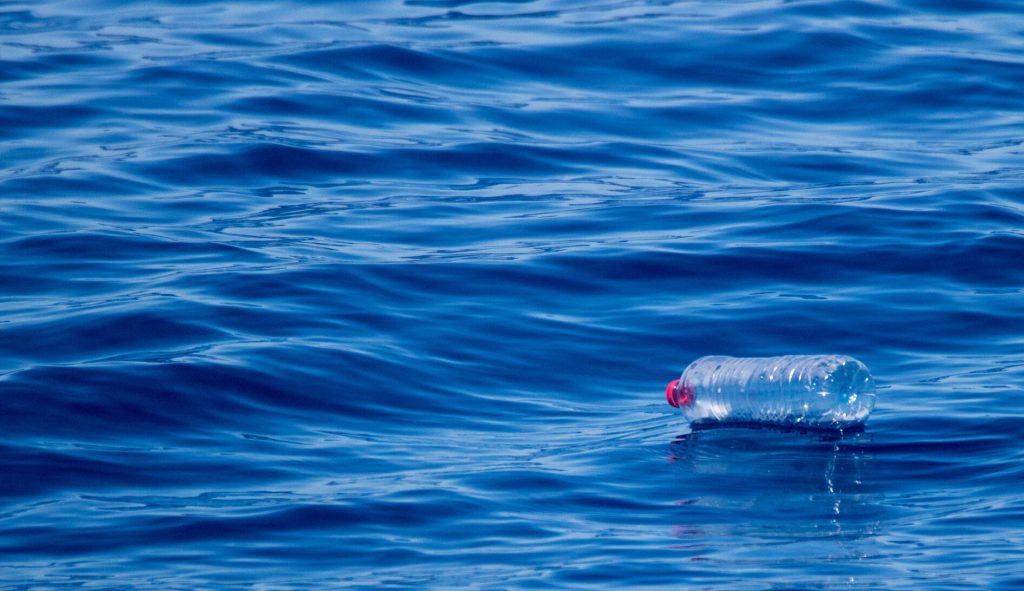
- Study of the physical and chemical environment:
- Map the bottom and identify different types of underwater habitats,
- Study the interactions between currents and marine organisms in the context of complex oceanographic processes,
- Study of the living environment:
Survey the biodiversity,
Evaluate the level of endemism on the Saya de Malha bank, understand the functioning of food webs, study the productivity of the area through the plankton, … - Study of the physical and chemical environment: of the Ocean-Atmosphere exchanges:
Evaluate the capacity of atmospheric carbon storage by plant organisms of the Saya de Malha Bank. This underwater seagrass bed of about 40,000 km2 of surface is one of the most powerful carbon sinks in the biosphere. They have an essential role in climate regulation.
Study of the impacts of Man:
Characterize plastic pollution, its origin, identify the threats of waste accumulation.
Estimate the impacts of fishing, tourism and other human activities that exert pressure on the natural environment and its resources.
Logbook: living the expedition day by day
Where is the boat today? What is the weather forecast, what is going to happen on board and what are the operations planned for tomorrow? To find out and live the mission live with the scientists, artists or the rest of the crew, access the logbook!
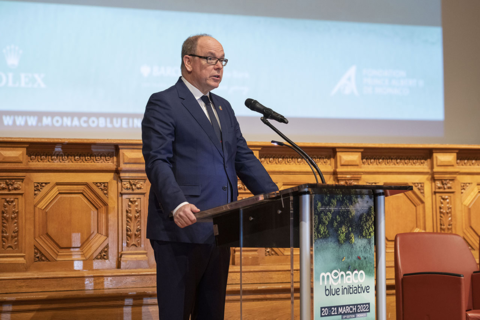
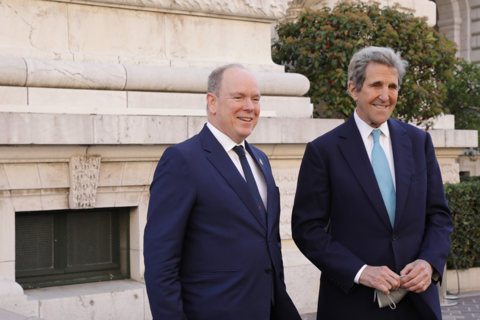
The diplomatic dimension
Inspirer and guide of this new expedition of the Explorations of Monaco in the Indian Ocean, H.S.H. Prince Albert II of Monaco perpetuates the personal commitment of his great-great-grandfather Prince Albert I and his father Prince Rainier III for the environment of our planet.
Within the framework of diplomatic relations, the mission is coordinated with an official visit to the region by H.S.H. Prince Albert II of Monaco, scheduled for 20-27 October 2022. This diplomatic component will be followed by other official activities in line with the expedition’s objectives, including the Sovereign Prince’s interventions in various international forums and events dealing with the protection of the Ocean.
“It is my duty to do my part in challenging my generation to find solutions to preserve our planet, our most precious asset.
H.S.H. Prince Albert II of Monaco. Man and the Ocean, Flammarion / Versilio. 2022
The scientific dimension
A multidisciplinary and international program
The scientific program is structured around the study of two well-identified marine areas: the Saya Bank of Malha and a selection of islands and seamounts located along the mission route.
This program is oriented by the four main themes of the Monaco Explorations: coral protection, megafauna protection, marine protected areas and new exploration techniques. It aims to meet the needs of the governments of Seychelles and Mauritius as a priority, while also ensuring good coordination with the relevant international and regional bodies and initiatives.
Research project 1: Multidisciplinary study of the Saya de Malha Bank. A survey of the benthic biodiversity and the pelagic ecosystem. Project led by the Institut de Recherche pour le Développement (IRD) and the Muséum National d’Histoire Naturelle (MNHN), in collaboration with partners from Mauritius and the Seychelles as well as the universities of Lodz (Poland) and Nelson Mandela (South Africa).
Research project 2: Microplastic and coral pathogens – MADCAPS 28. Project led by the UMR Entropie of the University of Reunion, IRD, the Best Run association and Ocean CleanUp.
Research project 3: the study of the genetic structure and levels of contamination and stress in marine turtles – GECOS. Project led by IFREMER (Institut Français de Recherche pour l’Exploitation de la MER), the Kelonia Turtle Centre in Reunion and the University of Aalborg (Denmark)
Research project 4: The study of the combined impact of human activities on the coast and climate change on marine ecosystems – 4SEA. Project led by IFREMER and UMR Marbec in Sète.
Research project 5: the BGC-ARGO monitoring programme. Project led by the CNRS, Sorbonne University and the Institut de la mer in Villefranche sur Mer.
Research project 6: World Coral Conservatory. Project led by the Scientific Centre of Monaco and the Oceanographic Institute, Albert I, Prince of Monaco Foundation.
Research project 7: deployment of surface drifting buoys for the study of currents. Project led by Météo France, IRD and the University of Western Australia Oceans Institute.
Research project 8: Coral connectivity and associated invertebrate biodiversity
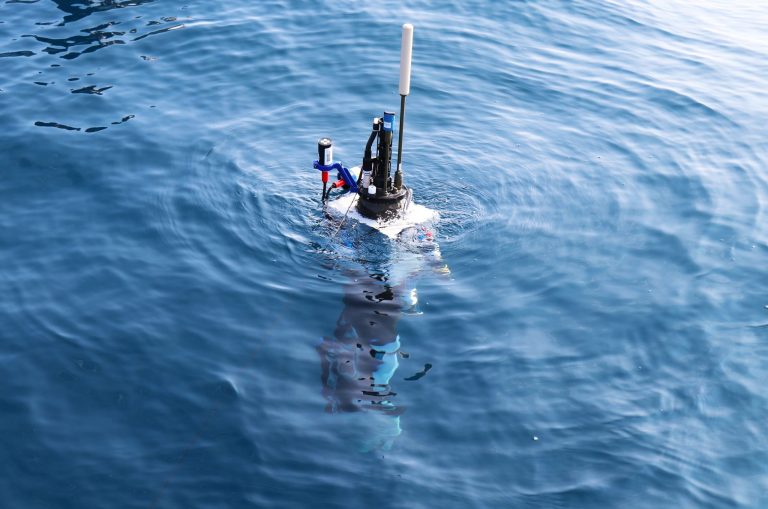
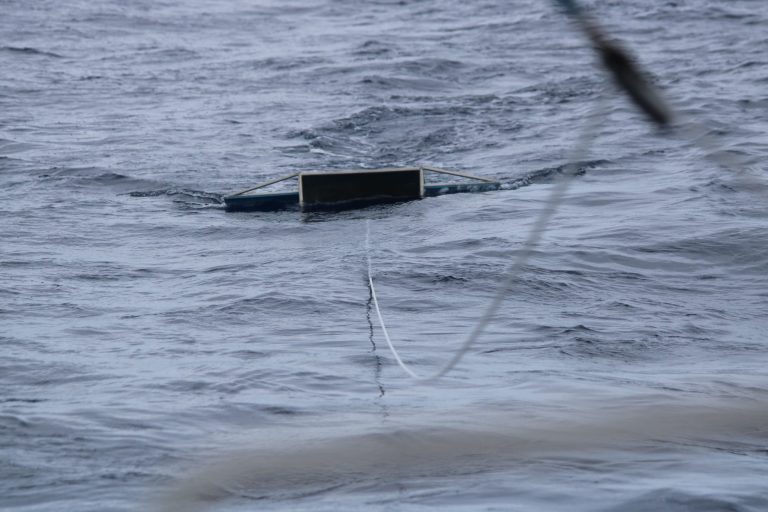
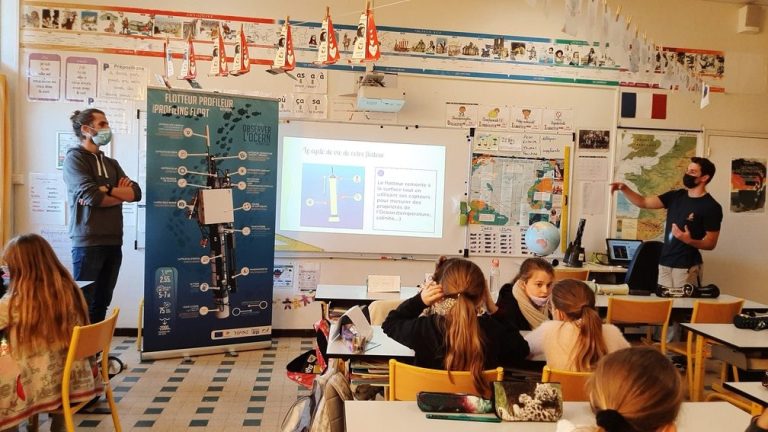
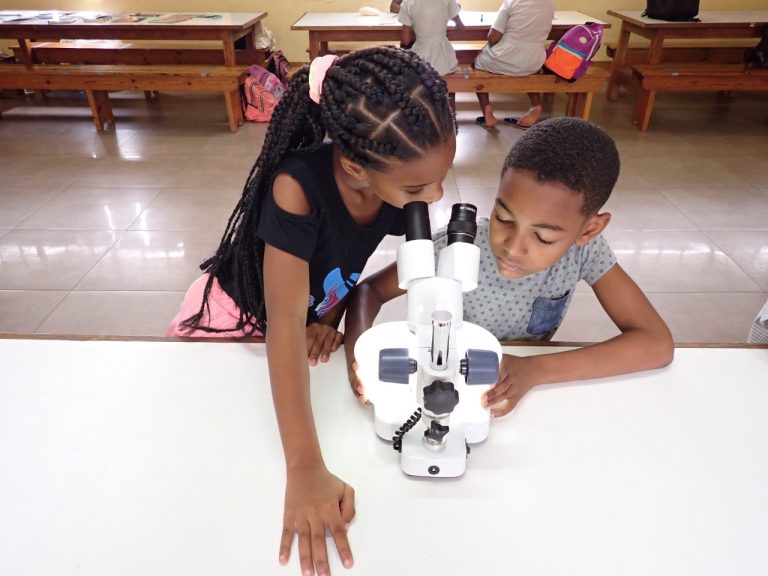
The mediation dimension
Federating audiences, creating interactivity and dialogue, and fostering commitment
The expedition in the Indian Ocean is not only based on a dense and multidisciplinary scientific program. Its objective is also to promote the contents, knowledge and resources resulting from this operation, by encouraging the exchange and transmission of knowledge with the greatest number of people, through a varied mediation program that addresses, in its various components, a wide public, civil society actors and decision makers.
The Advisory Committee
Ensuring a holistic approach
Composed of fourteen international experts and personalities, the Mission’s Advisory Committee ensures the relevance and coherence of the expedition’s objectives and its relevance in the regional and international context. Its major role is to ensure a multidisciplinary and transdisciplinary approach, including natural and social sciences, in accordance with the principles of sustainability science.
The members of the Committee have carried out a synthesis of the current state of knowledge on the explored area; inventory of previous expeditions and work, governance issues, scientific issues, communication and mediation issues. This detailed review guides and directs the conduct of the mission.